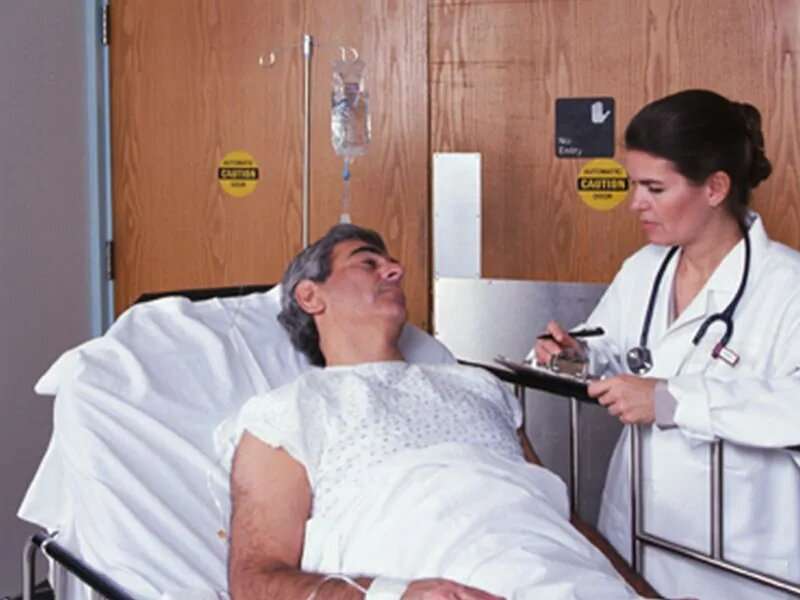A recent study reveals a growing trend among cancer patients to engage in cancer research endeavors, shedding light on their crucial contributions to advancing medical knowledge in the field.
The research, led by Joseph Unger, a health services researcher and biostatistician at the Fred Hutchinson Cancer Center in Seattle, underscores the indispensable role of individuals diagnosed with cancer in driving forward clinical research.
Contrary to previous estimates, which pegged participation rates at a modest 2% to 3% of patients, the study found that at least one in five cancer patients, accounting for 22%, actively participate in various forms of cancer-related research.
Published in the Journal of Clinical Oncology, the study presents a comprehensive analysis encompassing not only participation in clinical trials but also patients’ involvement in contributing tissue samples, engaging in quality-of-life studies, and other research avenues. This expanded approach paints a more nuanced picture, illustrating the extensive involvement of individuals grappling with cancer in the pursuit of medical progress.

Examining participation across different types of research initiatives, the study reveals notable figures. Approximately 13% of patients contribute samples for bio-repositories, while 7% partake in treatment trials, sign up for cancer registries, or participate in genetic studies. Furthermore, 4% engage in quality-of-life studies, 3% enroll in diagnostic studies, and 2% take part in economic studies.
One striking finding of the study is the significant variance in participation rates between different healthcare settings. Notably, enrollment in treatment trials is over five times higher at National Cancer Institute (NCI)-designated cancer centers compared to community hospitals, standing at 22% versus 4%.
This discrepancy underscores the impact of federal funding on a hospital’s capacity to offer clinical trials and recruit patients, particularly given that the majority of cancer patients in the United States receive treatment at community hospitals.
Mark Fleury, a policy principal at the American Cancer Society Cancer Action Network and a senior researcher on the study, emphasizes the pivotal role of offering opportunities for participation to patients across diverse healthcare settings.
He highlights the need for increased investment in community sites to enhance their capacity to provide access to clinical trials, thereby ensuring broader patient involvement in cancer research endeavors.
In essence, the study underscores the indispensable contributions of individuals grappling with cancer to the advancement of medical knowledge and underscores the imperative of fostering greater inclusivity in research participation across all healthcare settings.

